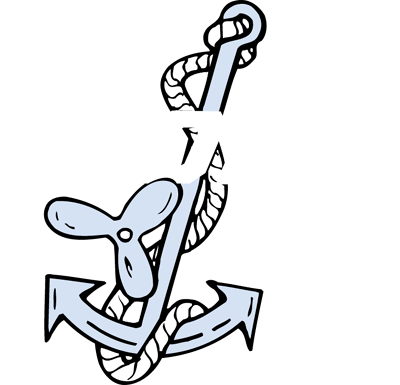Can Fear Of COVID-19 Become A Valid Defense To Desertion?
A mariner always has the right to quit his or her ship when the shipping articles terminate. Shipping articles are a binding employment agreement that must be complied with scrupulously, by both the shipping company and the mariner. Rees v. United States, 95 F. 2d 784 (4th Cir. 1938). If the articles are terminated, the mariner’s duty to the vessel ceases and the mariner cannot be compelled to stay aboard a ship against his or her will. But if the articles have not terminated, a mariner who quits while the articles are still extant risks being charged with desertion. Desertion has been defined by admiralty courts as: “[t]he unjustified quitting of the vessel during a voyage with an intention not to return. The voyage is considered ended when the vessel is moored in the last port of the voyage.” Petition of Paul Ritchie, 130 F. Supp. 645 (N.D. Cal. 1955); see, also, APP. DEC. 1124 (MARSHAL) (1959). (Desertion is abandonment without justification; in other words, without reasonable cause). The “last port of the voyage” cited in the Rees case refers to the last port in the articles.
If the articles are still extant, the recommended method of exercising the right to quit is to seek an authorized release or some form of mutual release from the terms of the shipping articles. In APP. DEC. 614 (SYLVIA) (1952), the Coast Guard charged a mariner with desertion and suspended his license for six months for failure to attempt to obtain an authorized release from the articles, leaving the master in a foreign port with the choice of delaying the ship or sailing in an undermanned condition. Absent a release from the shipping articles, the mariner’s only other defense against a charge of desertion recognized by case law is “justification” or “reasonable cause,” and cases on this point are few. The Rees court above stated that it is the mariner’s duty to stand by the ship and obey the master until the voyage is done “unless she come to such a pass as to be dangerous to human life” (citing The Condor, 196 F. 71 (S.D.N.Y. 1912). In a Coast Guard case, failure to report difficulties and to attempt to get them resolved was “questionable justification” for desertion, implying, perhaps, that reporting difficulties and not succeeding in getting them resolved might better support the defense, although we have found no cases specifically saying so. APP. DEC. 2032 (KAY) (1975).
Fear for one’s life is a justification for desertion, but the “fear” must be genuine, and the seaman must have “reasonable cause” to support the fear. APP. DEC. 2068 (REED) (1976). Absent fear for one’s life, apprehension of great bodily harm, under “certain extreme circumstances” may also qualify as a valid defense. APP.DEC. 351 (SCHULTZ) (1949). Would a mariner’s fear of contracting COVID-19 aboard a vessel or in its next port be a meritorious defense to a charge of desertion? The scope and extent of the current pandemic could possibly qualify as an “extreme circumstance,” but cases suggest that the mariner’s fear for his or her life, or apprehension of “great bodily harm” would have to be based on genuine and specific direct threats, perhaps such as evidence that other crew members tested positive for COVID-19, but not a more general fear of the theoretical possibility of contracting the virus aboard a ship or in a port of call, even if that port might be an epicenter.
COVID-19 cases aboard cruise ships have grabbed headlines around the world, and have illustrated the particular vulnerability of both passengers and crew members captured, if you will, in closely-confined spaces aboard a ship, often with inadequate ventilation or sanitary protections, or inadequate medical personnel or supply support. But for the present, anyway, unless a crew member can cite a specific and confirmed case aboard his or her ship, the current state of the law may not be sufficient to protect the mariner from charges of desertion, even in the current pandemic.
